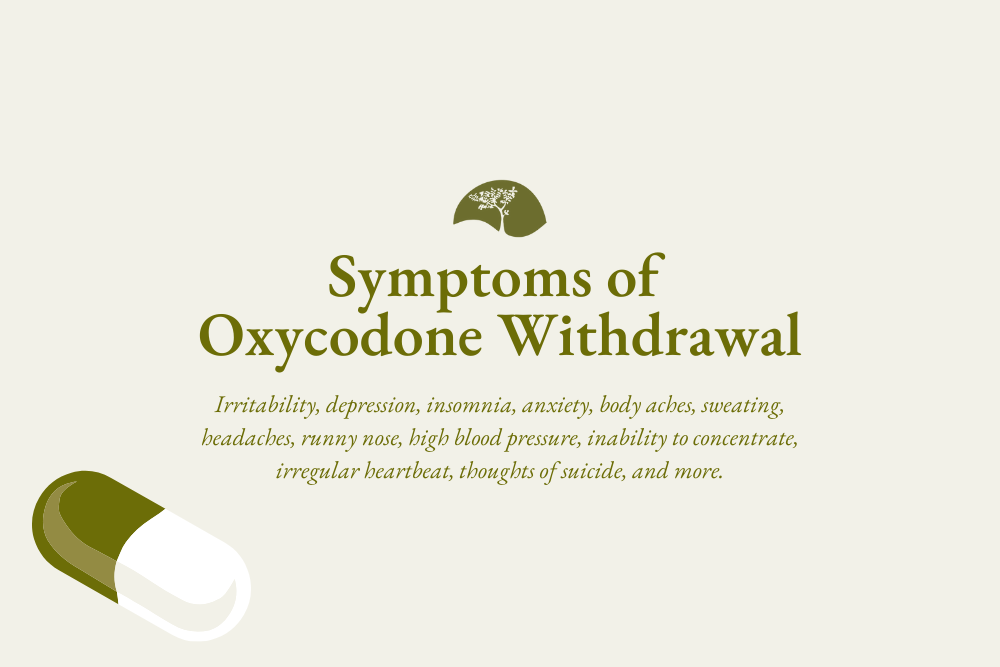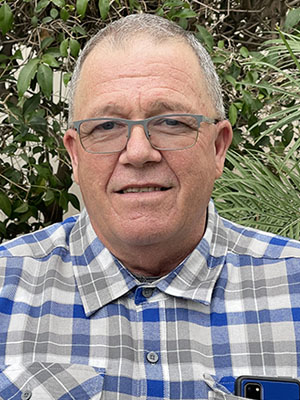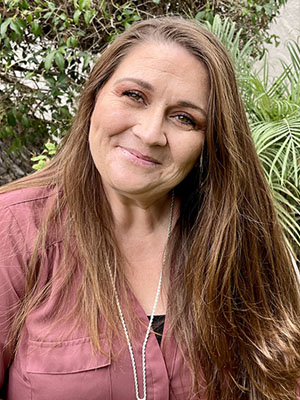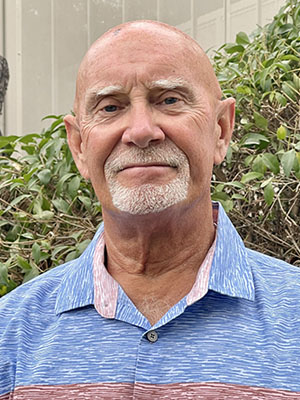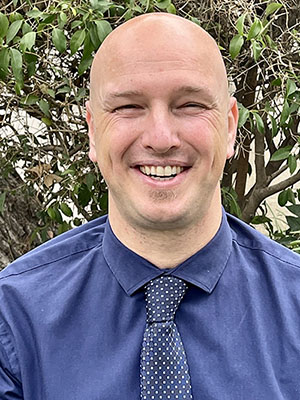Oxycodone, a type of opioid, is a highly addictive substance available only through obtaining a prescription. Because of the addictive qualities of this medication, there are limits placed on how much of the substance a person can be prescribed, along with other safeguards to help prevent individuals from abusing this drug. Despite these restrictions, opioid addiction rates in the United States continue to be high, and the need for intervention services is increasing.
Am I Addicted?
Not everyone who has been prescribed an opioid will become addicted to the substance, but according to SAMHSA, 10.1 million people (or 3.7% of the total population) over the age of 12 misused prescription opioids in the last year. Continual misuse of opioids can lead to dependence and addiction to the substance, but how do you know if you have become addicted? Some of the signs of a developing or existing addiction include:
- Increased tolerance for the substance, leading to more frequent use and higher doses
- An inability to complete tasks without using the substance
- Loss of interest or involvement in activities
- Visiting several different doctors or pharmacies to obtain opioids
- Neglecting appearance or responsibilities
- Spending an excessive amount of money on the substance
- Consistent focus on when you’ll get your next dose
- Stealing, lying, or engaging in risky behavior to obtain the substance
If you’re noticing these signs in yourself or someone you love, they could be addicted to an opioid or other substance, and proper treatment is key to their survival and recovery. Opioid use can be especially frightening because an immediate cessation of use almost always results in withdrawal symptoms. These can be life-threatening and require professional monitoring to ensure the safety of the person detoxing from the opioid.
Oxycodone Withdrawal Symptoms
Oxycodone, like other opioids, produces strong withdrawal symptoms that can be dangerous if not properly managed. Common oxycodone withdrawal symptoms include:
- Rapid or decreased pulse
- Sweating, chills, and/or fever
- Restlessness and irritability
- Aching bones or joints/muscles
- Digestive problems (vomiting, diarrhea, or both)
- Tremors
- Anxiety
If not monitored by a medical professional, a number of these symptoms can lead to detrimental health concerns, such as dehydration, heart problems, or lack of adequate nutrition. Often, those who attempt to detox from opioids independently will turn back to the substance due to the discomfort of the detoxification process.
Help for Opioid Addiction
Often, the first step towards recovery from opioid addiction is a detoxification process. If you’ve noticed symptoms of withdrawal within yourself or someone you love when they are not using a substance, such as oxycodone, more support is likely needed. Addiction can overtake your life and make it almost impossible to function normally.
At Hemet Valley Recovery Center, our medical detox facility can help you start your recovery in a safe, comfortable environment. Here, you’ll have the medical care and support you need to navigate any withdrawal symptoms you experience, so you can focus on healing. If you’re ready to start your recovery today, contact our center to learn more about our medical detox facility.


